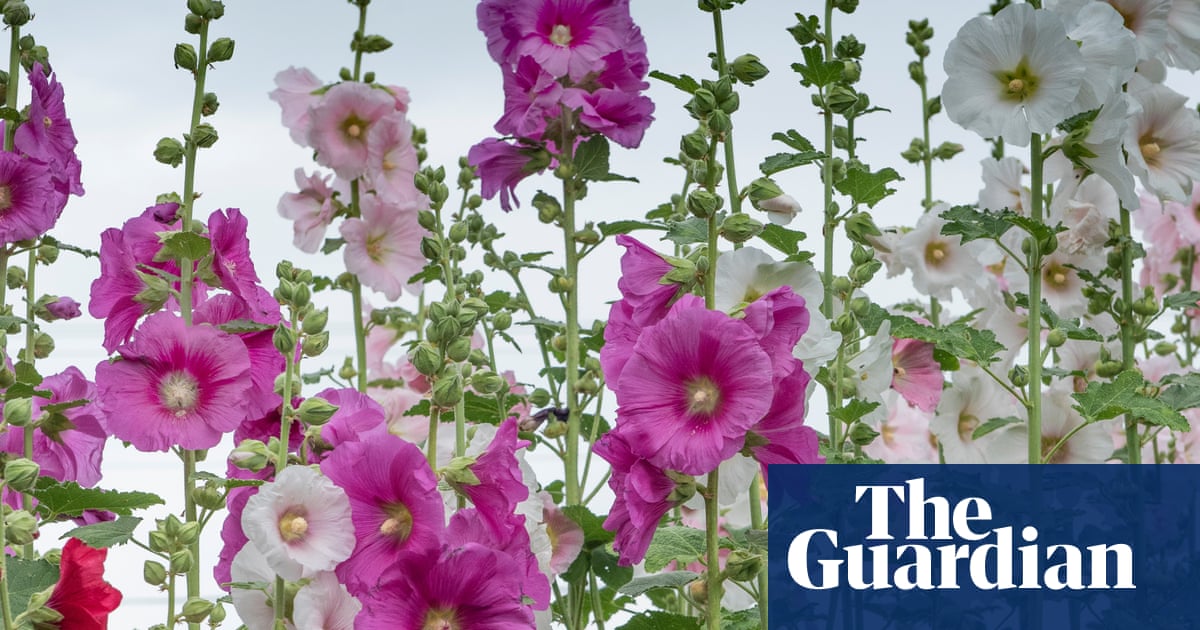It feels almost illicit to admit this, but for the past few months I’ve been in two very useful WhatsApp groups that exist to serve people who live in a certain corner of London interested in home improvement and gardening. I’ve come to find the patter of insight and community feeling around matters such as leftover boxes of tiles and how to solve a kitchen island conundrum strangely calming.
It took me years to visit famous historic gardens such asGreat DixterandSissinghurst– my love affair with gardening started with the well-tended window boxes on south London housing estates and the unruly front garden roses that you can smell from the pavement. Ordinary, not-enough-time, don’t-know-the-Latin-name gardening is my jam, and there’s plenty of it to be enjoyed in the group.
Plus, the other day someone asked a question that I thought it worth sharing here: where to buy plants if you don’t have a car and live in a city?
Both apply to me. For the first few years of my gardening adventure, I would travel to local nurseries and carry cardboard crates home on the bus or back of my bike. These days, I make a couple of jaunts a year to one particular stall on Columbia Road flower market in east London for interesting perennials. I’ve not bought a single plant this year – I divided a lot of trusty perennials in the autumn, and they’ve filled up the beds instead.
But when I am wanting to fill a bed or a tub or a micropond, I go online. Mail-order plant nurseries used to satisfy the avid gardener’s retail therapy needs, and the same is true now, only on the internet. There are specialist nurseries for whatever you may want: peat-free perennials fromPenlan Perennials(I especially like their shade offerings and ferns); foxgloves and hollyhocks fromThe Botanic Nursery; always-amazing peat-free varieties fromBeth Chatto, whose site allows you to filter by situation and colour (their packaging and customer service is great, too).
I get that it can seem intimidating – clinical, even – to buy living things on the internet, and it’s important that you’re around to give the plants a good drink when they arrive. But once you get into buying plants online it can totally shape your gardening.
Sign up toInside Saturday
The only way to get a look behind the scenes of the Saturday magazine. Sign up to get the inside story from our top writers as well as all the must-read articles and columns, delivered to your inbox every weekend.
after newsletter promotion
You can buy young plants in 9cm pots, for instance, which are cheaper and will grow better than the already-flowering more mature specimens on show at the garden centre. It’s also easier to stick to your colour scheme or planting plan. Newsletters and catalogues will remind you when to get into the seasonal habits of care and maintenance, and you’ll be introduced to all manner of plants you never knew existed. Plus, less time carting plants on buses means more time enjoying them in your garden.
